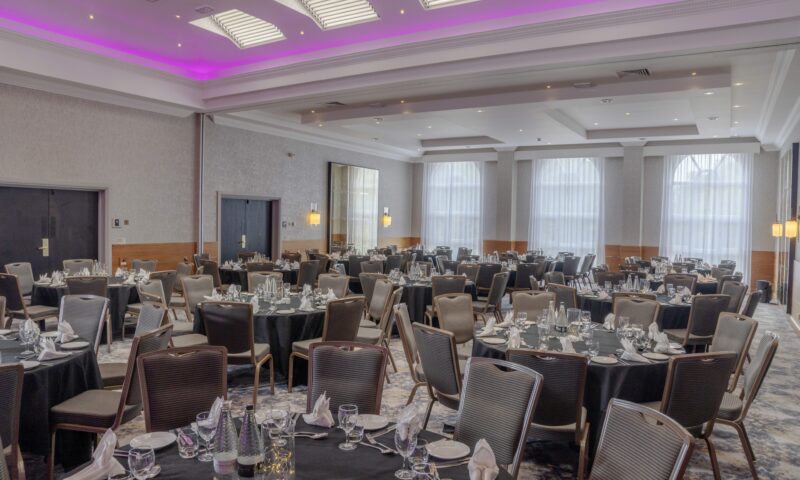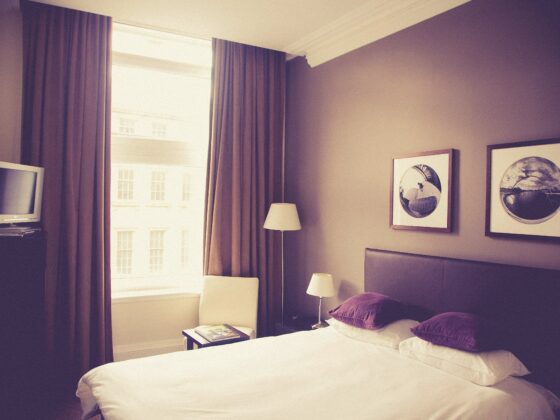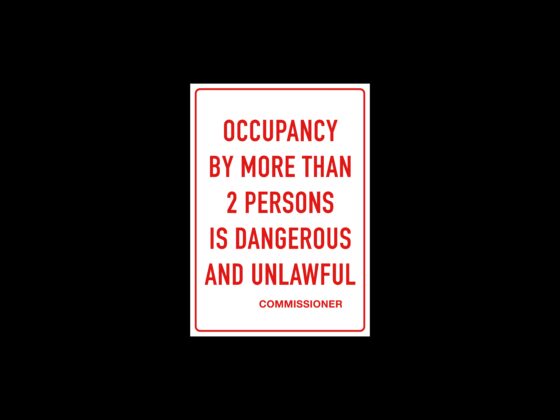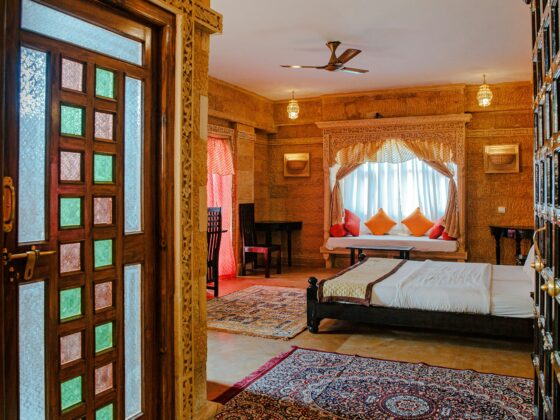Despite several conflicts, uncertainties generated by surprise early elections and pressure from local residents complaining about the elevated tourism levels, the hotel industry in Europe, Middle East and Africa continued to record a robust performance. In fact, the region’s hotel industry was close to stabilized levels after the pandemic, with a generous mix of growth and declines in performance levels, revealed the August edition of the EMEA Hotels Monitor by Whitebridge Hospitality, RLB and HotStats.
In terms of occupancy, the leading destination was Dubai at 80.3%, while Milan, at €157.28, led in terms of GOPPAR. In terms of growth of GOPPAR from H1 2023, Doha saw the best performance (50.1%, recovering from its post-World Cup hangover) and Amsterdam recorded the poorest performance (-13.3%). Despite hosting the Summer Olympics, Paris’ occupancy (-3.4%), RevPAR (-2%) and GOPPAR (-9.6%) remained low.
Confidence seemed to have been returning in the construction sector, the study said, adding that many European countries are witnessing increased pipeline and on-site activity and greater tender pricing stability.
Deal volume in H1 2024 was quite impressive, with markets like Greece, East Europe as well as France, Spain and the U.K. recording high activity. London was particularly popular in the first half and is likely to see a record year of deals.
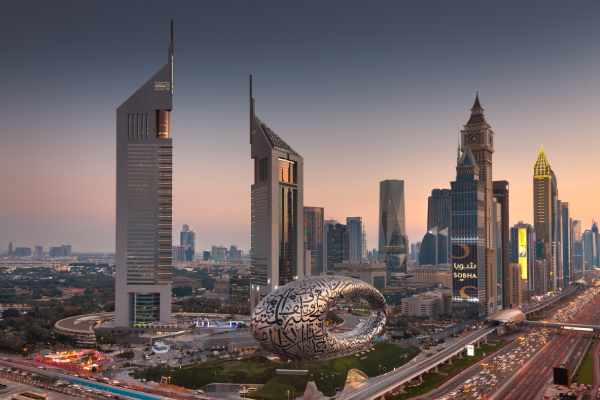
Hotel Performance
Recent trends have shown that demand in Europe has surpassed the U.S. and continues to be strong. Profitability in Europe was supported by reduced energy costs and a slowdown in cost inflation YOY. Low season performance in Southern Europe witnessed a further 9% increase in profitability, following a 13% jump from 2023.
Overall, midscale hotels reported the highest jump in profitability and is now the most profitable segment.
Year-to-date, U.K. Provincial outperformed London in terms of revenue, with almost double the growth seen in the capital.
In the Middle East, revenue and profit grew more than 8% from 2023, particularly in the U.A.E. and Saudi Arabia, where profit margin increased by over 8 percentage points since 2019 and almost flat YOY.
Hotel Construction Costs
Since many countries go to vote/have held elections this year, there have been some predictable outcomes in some countries, while others are dealing with political instability.
Hotel pipelines are expected to witness a gradual return by the later half of this year. Currency fluctuations remained a significant factor and impacted costs reported to a common currency.
Tender prices in many regions have settled down in response to pipelines and are being driven by input cost increases.
Major Transactions
Some of the significant hospitality deals include:
- Covivio’s acquisition of 8.3% stake in Covivio Hotels held by Generali in exchange for new Covivio shares. The deal represents the equivalent of the acquisition of €500 million of assets and a capital increase of nearly €300 million.
- Slovakia-based Best Hotel Properties formed a joint venture with CPI Hotels to acquire 50% of the latter’s eight-hotel portfolio. The deal price was €173 million, putting a total value on the portfolio of €347 million.
- Travelodge acquired six hotels, totaling 773 rooms, from Louvre Hotels Hotels Group in Spain.
- Ares acquired the entire U.K. hotel portfolio and operating platform from Landsec for £400 million. Prior to the acquisition, the hotels were fully let to AccorInvest under long-term leases.
- Blackstone acquired Village Hotels from KSL Capital Partners. Village Hotels owns and operates 33 properties (totaling 4,400 keys) across the U.K.
All Eyes on London
In terms of ADR, the London luxury segment has seen some decline, with lower rates being achieved consistently compared to the same months in 2023. When combined, the KPIs (higher occupancy and lower ADR) have generated RevPAR levels in H1 2024 that are similar to H1 2023.
Seven luxury hotels opened in London by the end of July, with a combined 667 keys. Most of the new openings are under established luxury brands (Raffles, Peninsula and Mandarin Oriental), while some are new to the EMEA region (1 Hotel). Others may be small scale but offer luxury guest experience (Iconic, Costes and Maybourne). London is slated to welcome seven additional luxury hotels over the coming year, with some giants of the sector debuting in the London market — Park Hyatt, Six Senses, Waldorf-Astoria and St. Regis.
Rosewood and Mandarin Oriental are preparing to open their second and third locations, respectively. Auberge will be venturing into Europe with the redevelopment of the In & Out Club.

